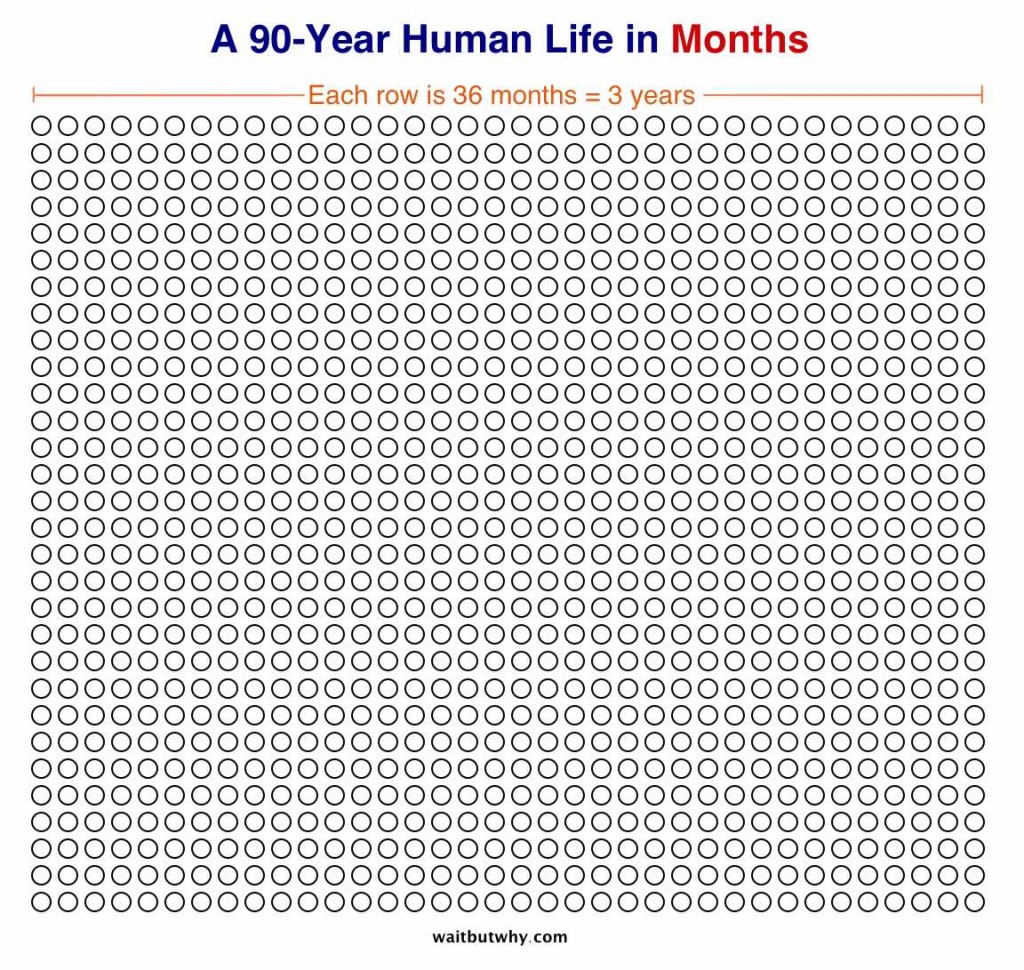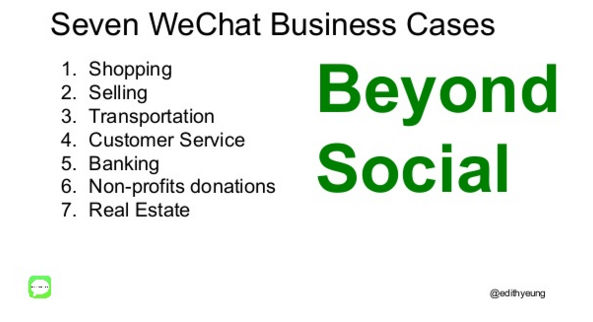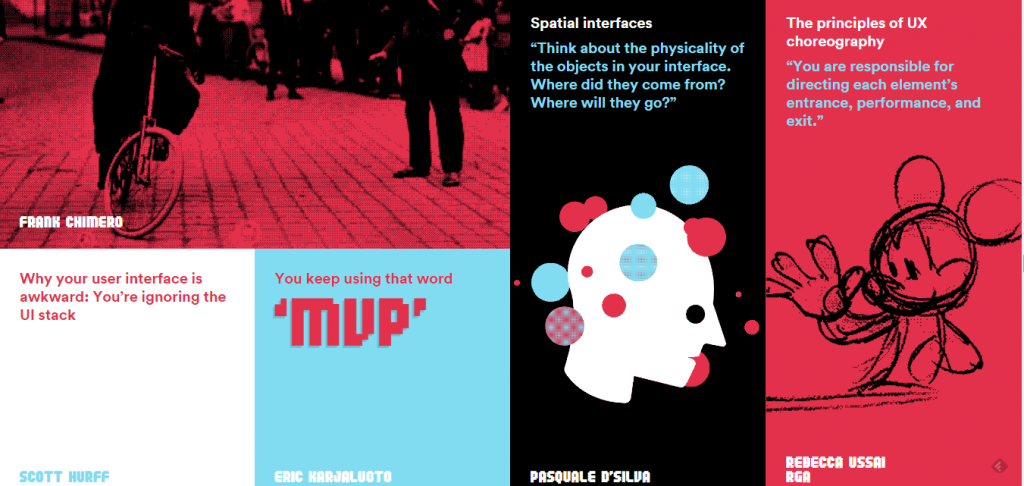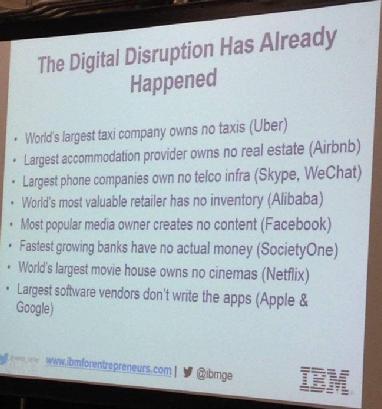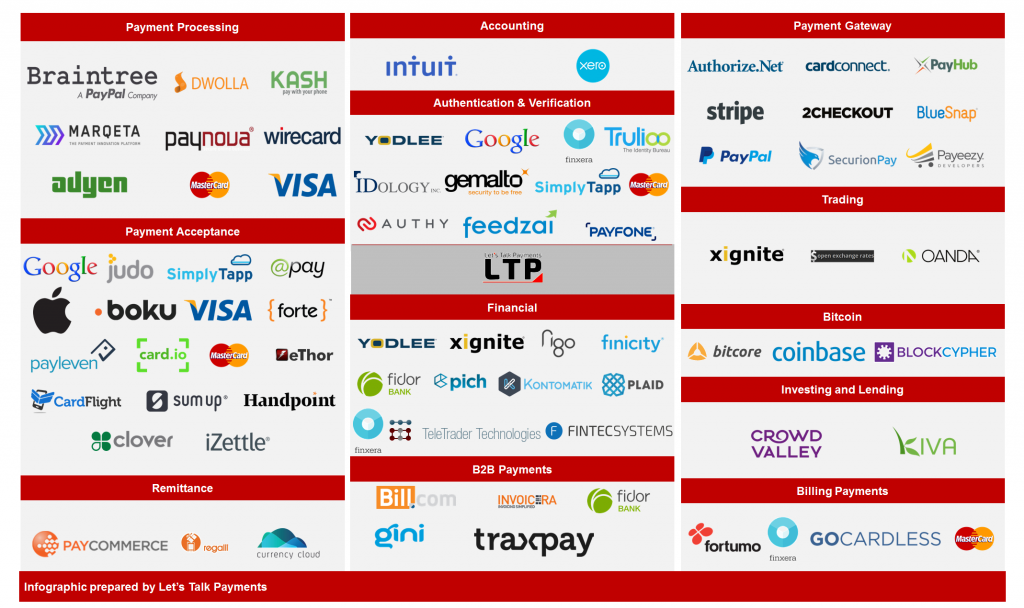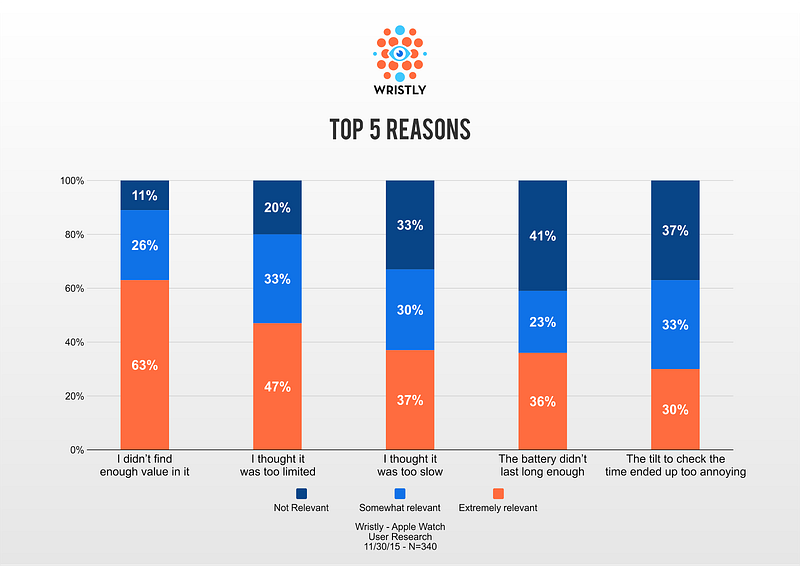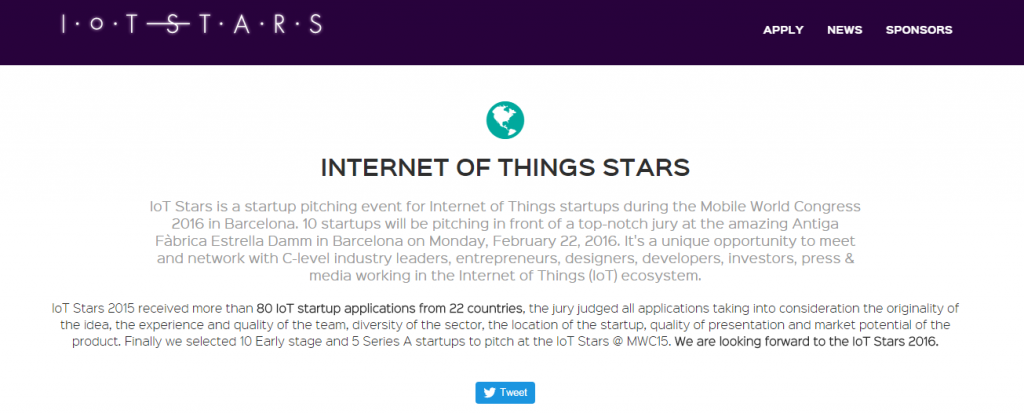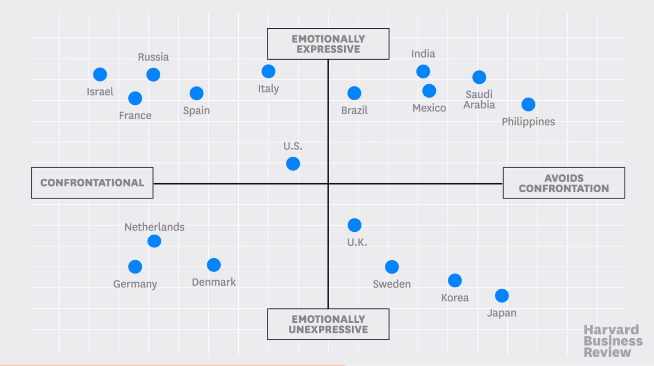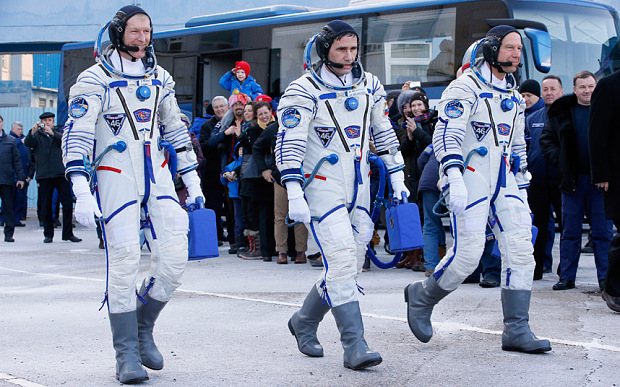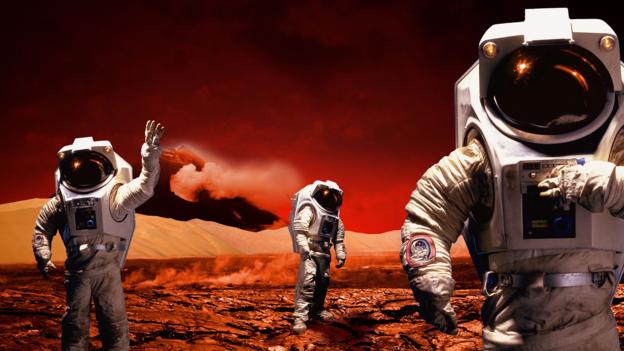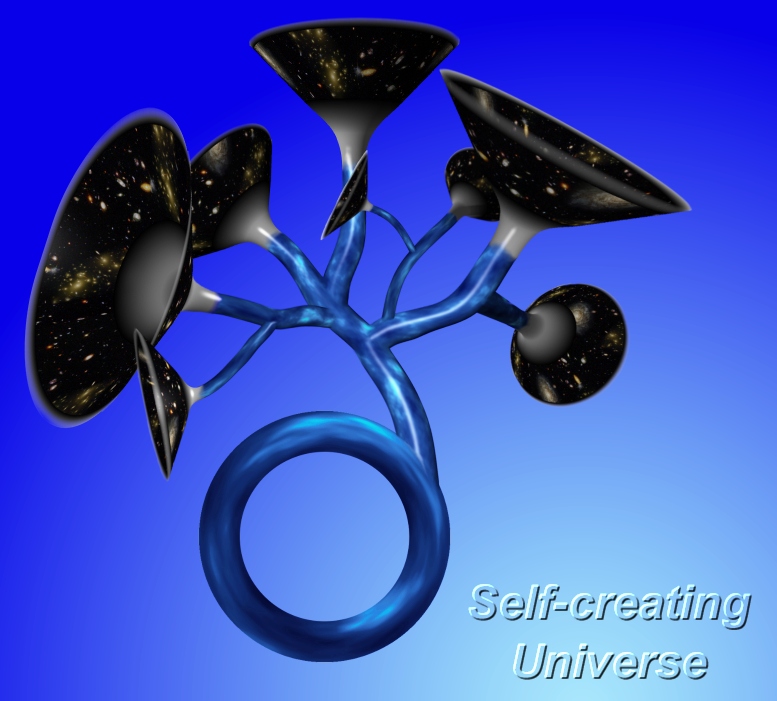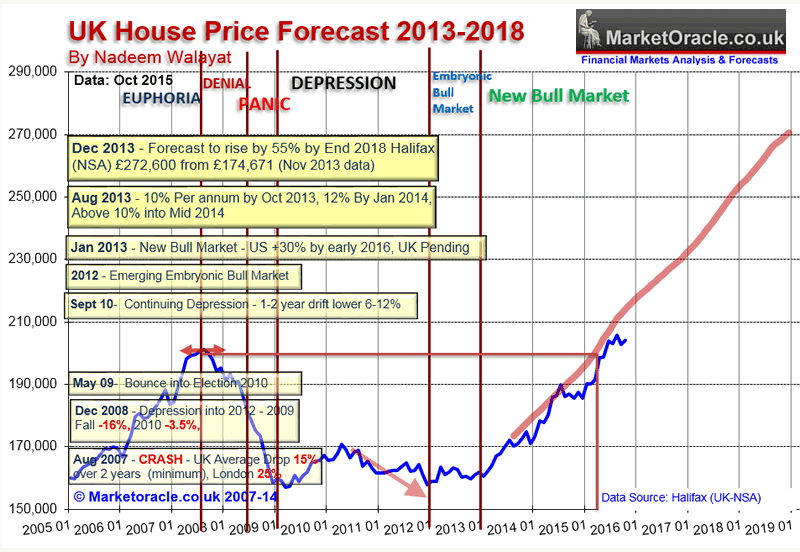Sections
Time
[avatar user=”malm” size=”small” align=”left” link=”file” /]
This Medium post from a 23 year-old Millennial telling herself to “stop rushing life” seemed to hit a chord with many. It captures well the sense of what it must be like to live in the insatiable maw of permanent FOMO. If this is what being 23 and me is today, it sounds awful:
I want to get to my goals faster. I want to be better tomorrow. I want to learn everything I can so I can go create value ASAP. We all have 24 hours in a day and I feel compelled to use every minute in the most productive manner. If I’m eating breakfast, I’m watching a tutorial on Udemy; if I’m in transit, I’m listening to a podcast; if I’m waiting for the bus, I’m reading an article on Pocket. If I don’t, it feels like I’m falling behind.
The ‘secret’ of age is that falling behind is all there is. Tim Urban of WaitButWhy dramatically conveyed it in a recent post in which he visualised a full human lifetime in a number of different thought-provoking measurements. His realisation from the exercise was that even as young adults we are already living at the “tail end” of several of them including for instance time spent with parents:
Time to get real and fall behind with grace. For Urban that means:
1) Living in the same place as the people you love matters. I probably have 10X the time left with the people who live in my city as I do with the people who live somewhere else.
2) Priorities matter. Your remaining face time with any person depends largely on where that person falls on your list of life priorities. Make sure this list is set by you—not by unconscious inertia.
3) Quality time matters. If you’re in your last 10% of time with someone you love, keep that fact in the front of your mind when you’re with them and treat that time as what it actually is: precious.
I’ve spent quite a bit of time this year writing these weekly posts so for my final one yet to come for 2015, it seems appropriate to reprise my self-visualisation efforts one more time and examine the year in terms of word counts. At least that’s the plan. Time permitting:
Every year is getting shorter, never seem to find the time
Plans that either come to naught or half a page of scribbled lines
Manufacturers and Devices
- This slideshare outlines why “mobile messaging is eating the world“. Among other insights is the crucial importance of integrated payment support in enabling wider monetisation use cases beyond simply mobile messaging alone:
- Interesting $112 laptop keyboard combo that comes without a display. As with the Raspberry Pi, you add your own ‘glass’ to use:
Google and Android
- Google’s search algorithm will “favour https based sites over http in search results” in what seems bound to be a major shift:
Google says business owners can help by redirecting their HTTP site to their HTTPS version and by changing the HSTS header on their server. … Google has also created a guide for what constitutes a good HTTPS site, including things like not redirecting visitors to or through an insecure page.
Apps and Services
“Building new products is about learning as much as it’s about making,” Dropbox co-founders Drew Houston and Arash Ferdowsi write in the blog post. “It’s also about tough choices.”
- SilentCircle’s Silent Phone encrypted VOIP proposition has somewhat improbably achieved FIPS 140-2 certification allowing it to be used for official State communication.
- Thought-provoking post on the problem with using secure messaging apps on multiple devices introduces the “SMU triad” (security, multi-device, usability) and suggests that the ultimate solution may well require integration of blockchain technology with something like the Telegram proposition.
- Medium on why the Proxima Nova font is ‘everywhere’:
- DesignWeekly published their year end summary of interesting and useful design oriented links highlighting the main trends from their perspective in app and web design in 2015.
Conversational UIs
- One of those DesignWeekly links is to a post surveying the current state of messaging-oriented “conversational UI” design which highlights the increasingly prominent role that AI bots are playing within messaging system architectures:
Bots are to modern messaging apps what APIs were to Web 2.0; a way to build on top of other services, experiment, and create a new way of interacting with existing services. It’s the start of a significant new way of interacting with computers.
- A good example of a company that has spectacularly exploded into this space in 2015 is GoButler. Formed in February, they already secured $8million of Series A funding by summer and close the year with a well-positioned “HAAI” (human-assisted AI) smart concierge service that has just launched an impressive looking iOS app. Here’s a video of the two co-founders in action:
- GoButler has been able to achieve the velocity it has in large part by aggressively leveraging SaaS solutions such as Layer for messaging middleware who have been covered in this blog before and Braintree for payments. They look like a unicorn in the making. It will be interesting to see how they perform in 2016 particularly in relation to human-powered Concierge competition which, as NYT point out, still have a lot going for them in terms of the value of human interaction.
Asia
- Alibaba has bought the South China Morning Post to ‘counter Western bias’.
Artificial Intelligence
- DARPA visions of the world of 2045 paints a picture of a world suffused with ‘invisible’ artificial intelligence routinely aiding humans:
“I think that we will begin to see a time when we’re able to simply just talk or even press a button” to interact with a machine to get things done more intelligently, instead of using keyboards or rudimentary voice recognition systems.
- Autonomous vehicles are likely to be mainstream by 2045. The pace of advance this year alone has been astonishing and there are suggestions that the all-important enabling LIDAR sensors that currently cost $75000 could collapse below $100 in as little as a couple of years. No wonder Baidu are fully signed up planning to release their own autonomous vehicles within three years.
- Charles Arthur wrote a good review of the current thinking around artificial intelligence and technological unemployment in November which contains the following quote from Calum Chace, author of Pandora’s Brain, which somehow seems very hard to square with the reality of the world today:
“There will be people who own the AI, and therefore own everything else. Which means homo sapiens will be split into a handful of ‘gods’, and then the rest of us. I think our best hope going forward is figuring out how to live in an economy of radical abundance, where machines do all the work, and we basically play.”
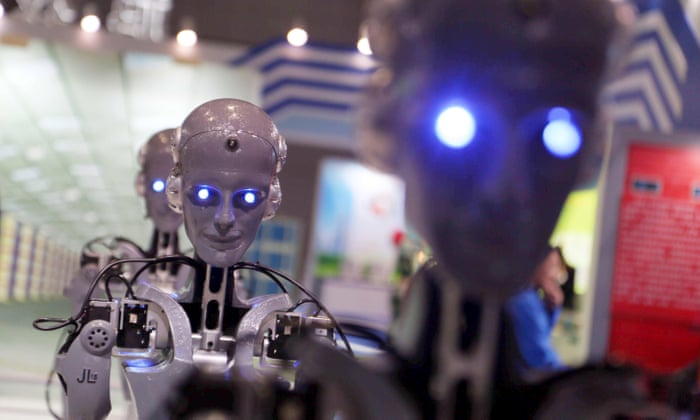
- Elon Musk and YCombinator have combined forces in the form of OpenAI, a $1billion non-profit dedicated to “artificial intelligence research“. Given Musk is an inhabitant of Anxious Avenue when it comes to AI, there’s clearly more going on than meets the eye. This Medium post by Steven Levy sums provides a deeper insight:
Essentially, OpenAI is a research lab meant to counteract large corporations who may gain too much power by owning super-intelligence systems devoted to profits, as well as governments which may use AI to gain power and even oppress their citizenry.
- Talking of Open AI, this Guardian article surveys the fast evolving and discomforting world of Love and Sex with Robots. The profile includes an interview with arch-proponent David Levy and David Mills, the owner of the notorious Real Doll:
A recent study by Stanford University says people may experience feelings of intimacy towards technology because “our brains aren’t necessarily hardwired for life in the 21st century”. Hence, perhaps, the speed at which relationships with robots are becoming a reality.
Cloud, Big Data and Analytics
- Really useful post surveying the payment API landscape by segment. Bear in mind this is just the picture from the perspective of the US and UK. There’s a whole separate collection of propositions for China let alone Russia:
- Splunk have just launched a free online learning course to get up to speed on their technology.
- My Twitter narrative courtesy of Narrative Science’s Quill, a Natural Language Generation engine able to construct a convincing, albeit brief, broad brush description of my Twitter history which this includes the following graphical insight into my tweets. I don’t see myself as a power Twitter user but this seems about right:
Wearables and the Internet of Things
- This Medium post by Wristly provides insights from a cohort of dissatisfied Apple Watch customers. Here are the top 5 reasons these early adopters gave for giving up on the product:
- Fortune on why Fitbit remain the one company to beat in the world of wearables. It’s all down to distribution and partnership:
“Apart from great devices, Fitbit’s partnerships with fitness- and health-focused companies [like MyFitnessPal and Runkeeper] and their growing distribution network have been key in maintaining their lead.”
- Koru CEO Christian Lindholm has published a SlideShare on wearable trends 2016 in which he suggests payment is the killer app for the industry:
- Vayyar sound interesting. They’re a chip startup populated by ex-Intel staff that is looking to produce imaging sensors that incorporate radio waves to provide 3D images.
- Instructions on how to install the OpenCV image processing library from scratch on your Raspberry PiZero including a jaw-dropping final 9hr42 minute compilation stage.
- IoTStars looks like a useful event to attend at MWC if (unlike me) you’re going.
Work, Management and Innovation
- HBR on the importance of understanding cultural context in business negotiations provides this 2×2 matrix of where the different nationalities sit. Israeli-Japanese joint ventures sound like fun to watch:
- Looker CTO Lloyd Tabb presents an entertaining taxonomy of engineering superheroes including Aquaman “nimble and acrobatic enough to penetrate operating system, database and controller layers to dig for a bug” and The Flash who “firmly believes that making something to play with is the best way to get a feel of its potential and understand it better.“
- It’s a common trope to focus on execution rather than ideas but this post suggests that’s a mistake. Ideas are not cheap or easy. The author provides a challenging checklist by which to assess the quality of yours:
The truth is the vast majority of ideas are worse than worthless because they are simply bad ideas. Bad ideas will sometimes work because of luck or effort, but good ideas are much, much more likely to succeed. Life is too short to work on bad ideas.
- Customers are often touted as a good source of ideas but as Michael Sippey, Twitter’s ex-VP Product, points out in this FirstRound post that requires really engaging with them properly in the first place. He suggests ‘getting in the van’ and going out to meet with customers, not starting on a major feature until you’ve spoken to at least 30 of them and focussing on their problem not your solution.

MOOCs
- This ClassCentral report outlines the best free online courses in 2015 based on review feedback. The results are an eclectic mix with the top rated course aptly entitled “A Life of Happiness and Fulfillment”:
- ClassCentral also reported a rise in self-paced vs deadline-driven online courses. Personal experience suggests the latter are very difficult to juggle with work and life commitments. This Coursera post covers the same territory:
Space and Cosmology
- The big science news this week was the successful launch of British astronaut Tim Peake to the International Space Station (ISS). He took an Astro Pi along with him. Peake’s arrival in the ISS was broadcast live on TV at a time when many children would have been watching hopefully inspired by his example to pursue scientific exploration.
- NASA has started advertising online for astronauts for a Mars Mission and will be boosted by news of a massive $20billion cash infusion by Congress. Elon Musk is perhaps the most recognised mainstream advocate for going there and believes “It would be, I think sort of immoral not to [colonize Mars], if it meant preservation of life on Earth as we know it.” The BBC outline the reasons why, when humans get there, Mars should be independent from Earth. At least they wouldn’t have to deal with Donald Trump as their President.
- Gizmodo ask “if the universe is expanding, what is it expanding into?” ‘Nothing’ seems to be the author’s decisive answer and it’s one that ‘makes sense’ working back to the point of the Big Bang whereupon logic breaks down. And what happened before the Big Bang? It’s a question that gives rise to crazy speculation from ex machina fiat creation to a model where the Universe is the ultimate Darwinian machine optimised to produce black holes to replicate itself.
Trump
- Donald Trump’s crude and incendiary anti-Muslim statements have polarised the Republican nomination debate appalling many in his own party. Even if he doesn’t continue his unwelcome rise in fortune, serious damage has already been done to the view of the US from the outside where “Trump is tanking the American brand globally“. His intolerance has also led to a public response on Medium from Google’s Indian-born CEO Sundar Pichai:
Everyone has the right to their views, but it’s also important that those who are less represented know that those are not the views of all. … Let’s not let fear defeat our values. We must support Muslim and other minority communities in the US and around the world.
- As one LinkedIn poster suggested it’s not as if his ‘legendary’ business skills are up to much either:
- At least Harrison Ford was able to knock him down a couple of pegs:
Harrison Ford on his super fan Donald Trump from that fantastic interview with @AngelaBishop! #studio10 https://t.co/mSNZaQSAFO
— Studio 10 (@Studio10au) December 9, 2015
Culture and Society
- London is being turned inside out as the rich increasingly head to the centre and the poor are being pushed further and further out to the suburbs.
- It’s part of a wider migration-driving housing apocalypse facing London in particular as it is increasingly viewed as the “world’s safe haven” a trend that will be exacerbated should Donald Trump achieve the unthinkable. The extent of the catastrophe that is looming for London is laid out in this alarming post by Nadeem Walayat of MarketOracle.com.
- Ray Dolby left £35million in his will to Pembroke College Cambridge, the “the largest gift to a Cambridge College in modern times.“
- NYT on the case against decluttering. Throwing out the books and records after digitising them could have unforeseen negative consequences for friends and family unable to visually browse the physical history they represent – eternal sunshine of the spotless shelf:
in our digital conversion of media, physical objects have been expunged at a cost. Aside from the disappearance of record crates and CD towers, the loss of print books and periodicals can have significant repercussions on children’s intellectual development. … The implications are clear: Owning books in the home is one of the best things you can do for your children academically. It helps, of course, if parents are reading to their children and reading themselves, not simply buying books by the yard as décor.
- All those umm’s and errr’s you do when you’re stumbling your way through your thoughts while speaking are called disfluencies. Rather than being a trait worthy of eradication, it turns out they may provide listeners with vital unconscious cues.
- Christmas geek tweet to end with. Ho ho ho:
https://twitter.com/KarenMN/status/677111492135661569
